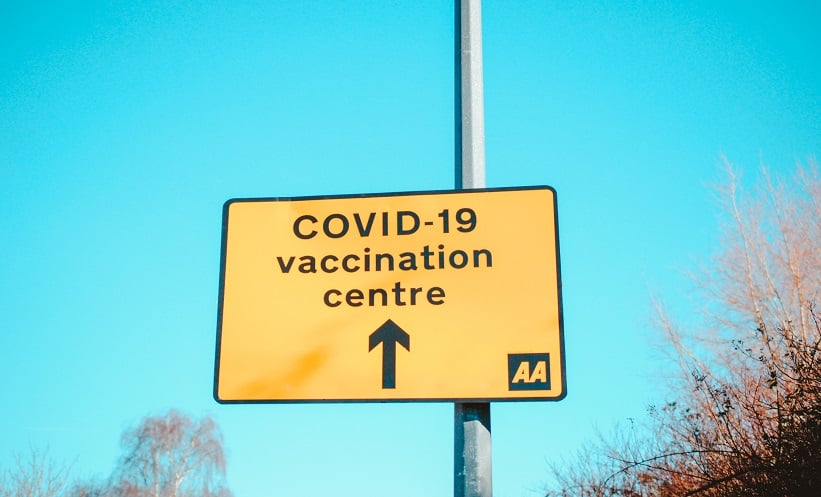PATIENTS with autoimmune diseases such as lupus, multiple sclerosis, psoriasis, and rheumatoid arthritis have experienced higher rates of morbidity and mortality with COVID-19 relative to the general population. This has been exacerbated by the incomplete messaging on vaccination for such individuals.
Now, a recent consensus statement published by Saúl Reyes, Blizard Institute, Barts and The London School of Medicine and Dentistry, Queen Mary University of London, UK, and colleagues, which examined the immune response to COVID-19 mRNA vaccines in patients with multiple sclerosis who are simultaneously on disease-modifying therapies (DMTs), has determined that certain medications for multiple sclerosis do not weaken vaccine effectiveness. In relation to vaccines in general, “no efficacy concerns have been reported for interferon, fumarates, and teriflunomide.” Consequently, for interferon-β, teriflunomide, and dimethyl fumarate, COVID-19 vaccination is “likely to be effective” and “stopping or delaying treatment for vaccination is not recommended.” Although glatiramer acetate and natalizumab may reduce the effectiveness of certain non-live vaccines, Reyes and collaborators noted: “COVID-19 vaccination is nevertheless strongly encouraged.” As above, “stopping or delaying treatment for vaccination is not recommended.” Individuals with multiple sclerosis on immune reconstitution therapies who have reconstituted their immune systems are also expected to be able to respond to vaccinations. Treatment with haematopoietic stem cell transplantation is expected to impair the response to COVID-19 immunisation. Despite this, “COVID-19 vaccination is still strongly encouraged. Crucial vaccinations are recommended from 3 months after transplant.”
The authors ultimately concluded that “although some DMTs may be associated with attenuated vaccine response in [people with multiple sclerosis], even a blunt vaccine response is likely to protect them against infection or at least severe COVID-19. Vaccination and DMTs can be timed to maintain disease control and also allow effective vaccination against [severe acute respiratory syndrome coronavirus 2].”
These research findings have a number of important implications. For example, individuals with multiple sclerosis may not have to compromise between treating or managing their condition and eliciting a standard vaccine response. Going forward, research should focus on how different therapies for the whole spectrum of autoimmune diseases impact on the immune response after COVID-19 vaccination.








